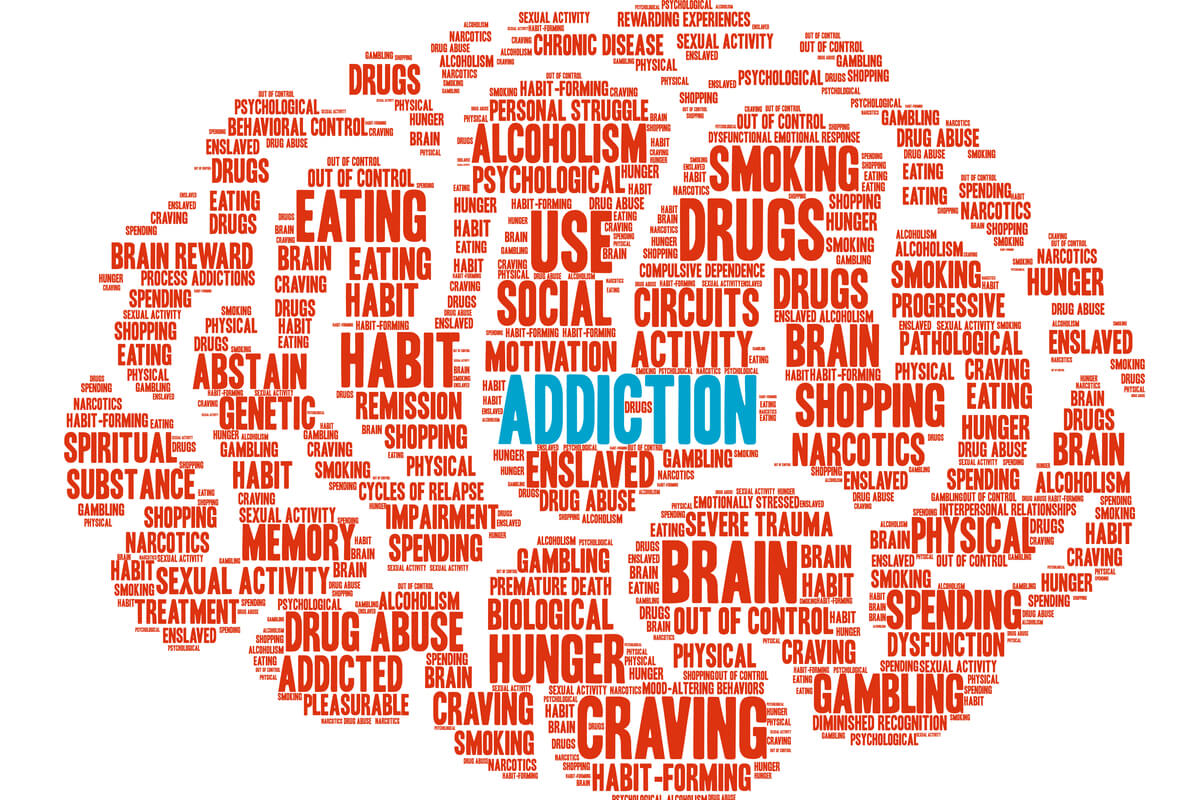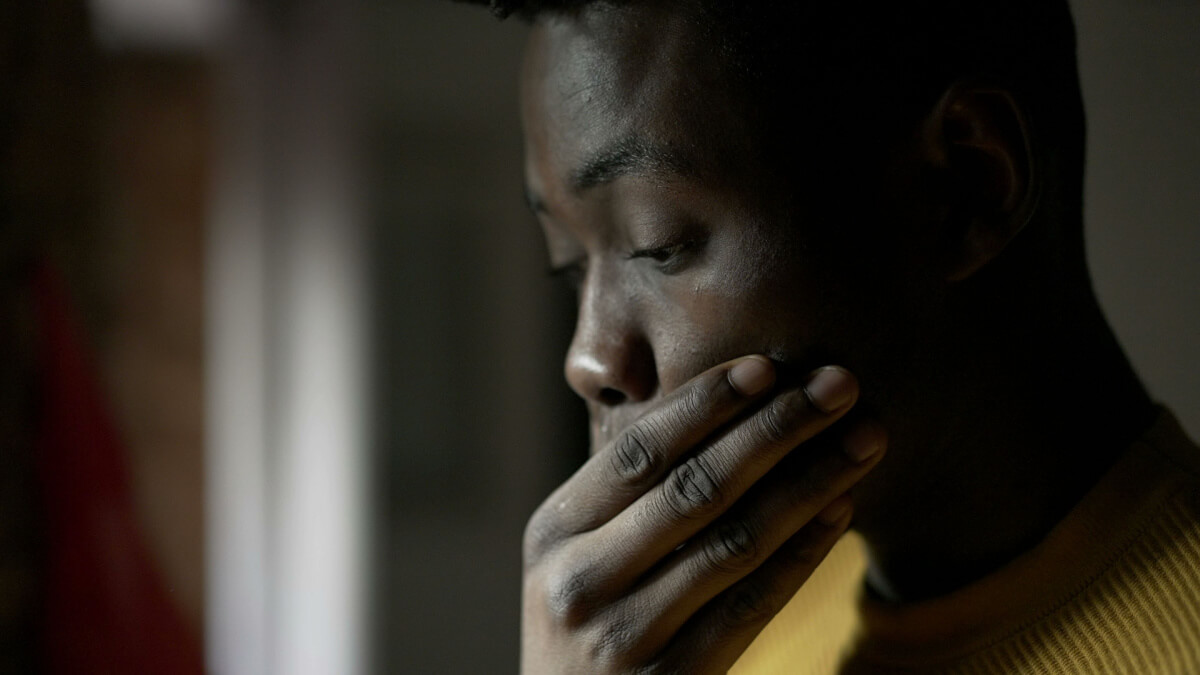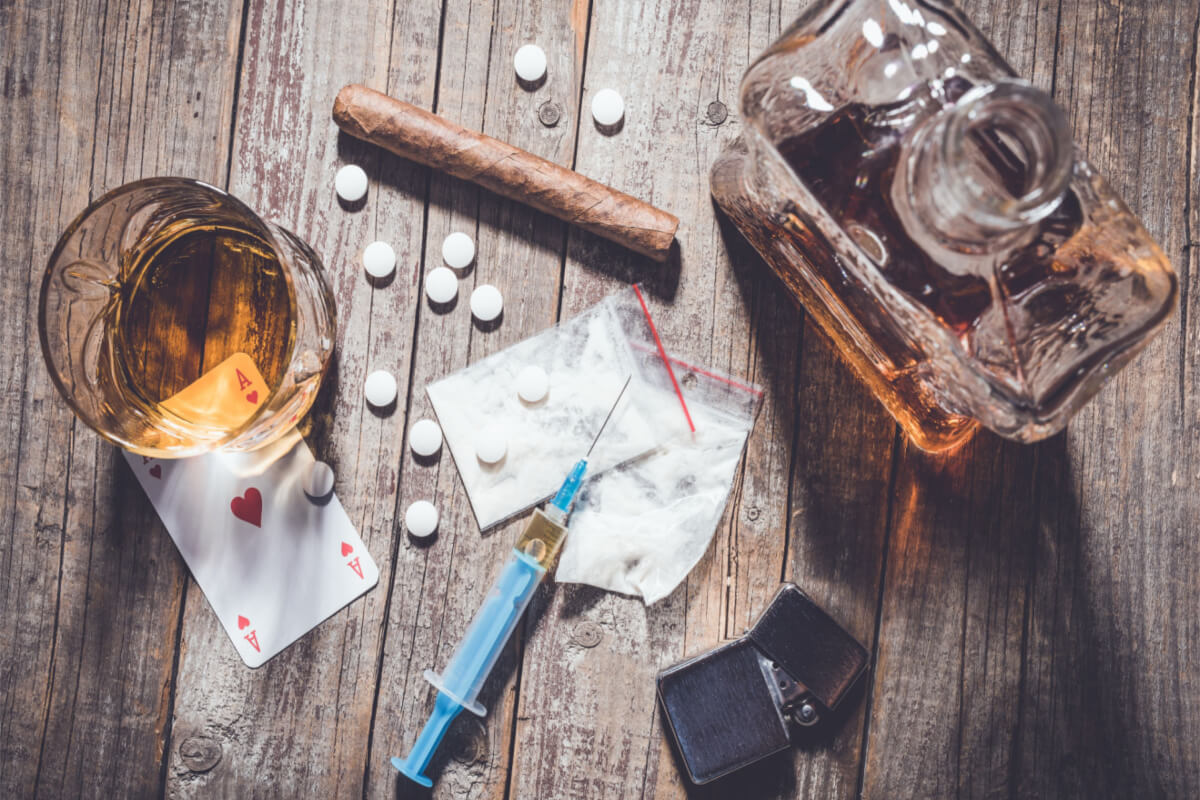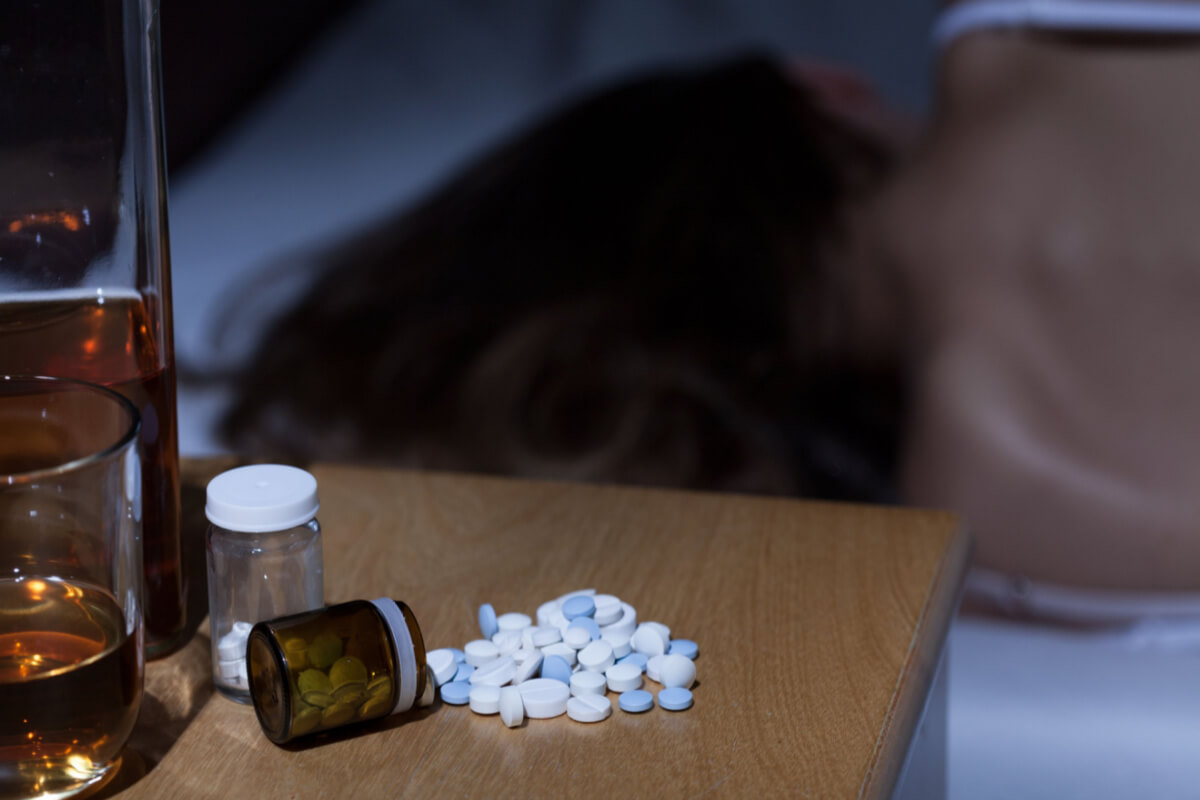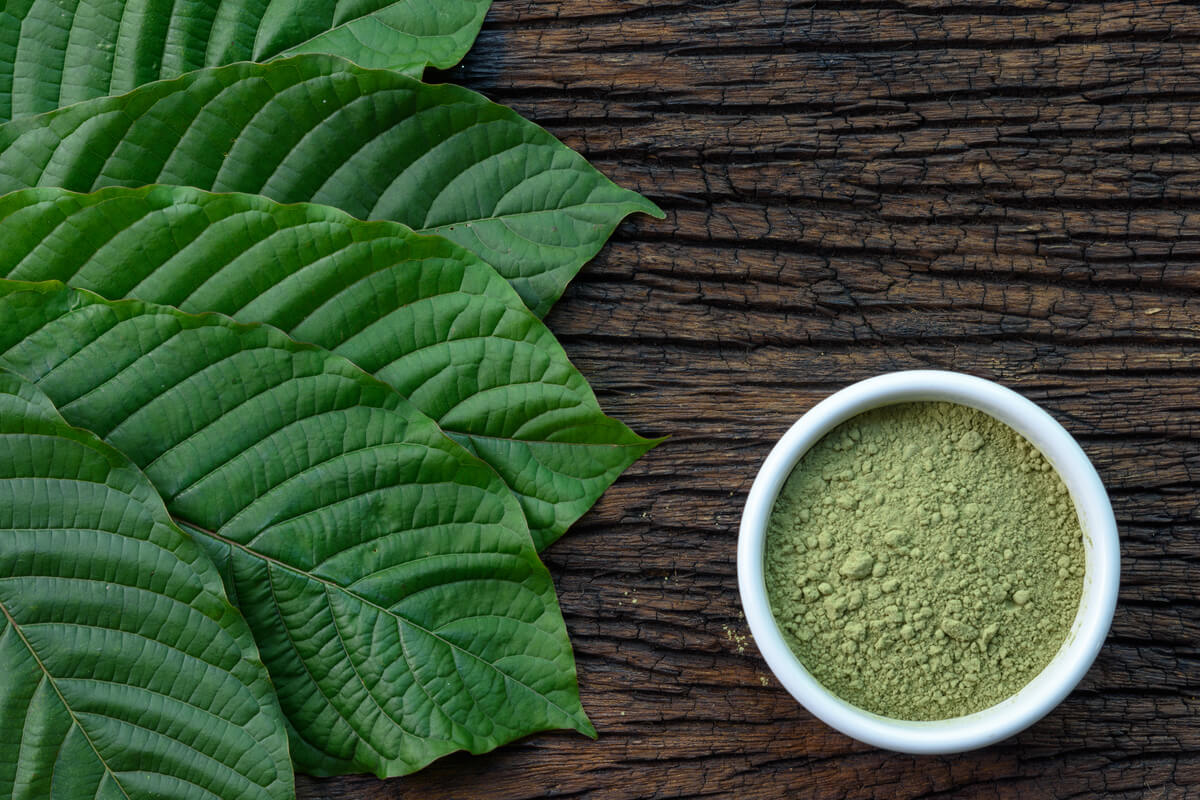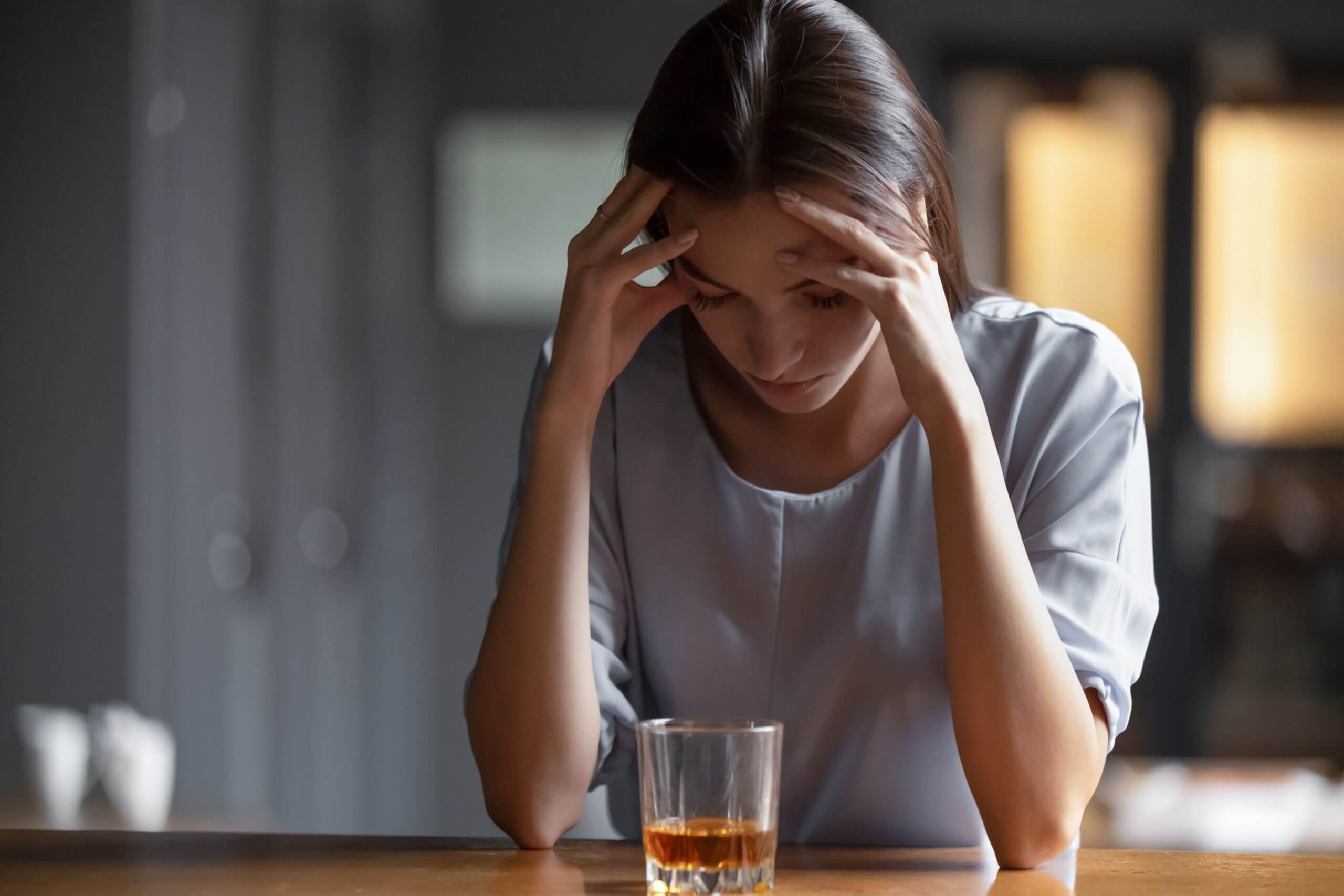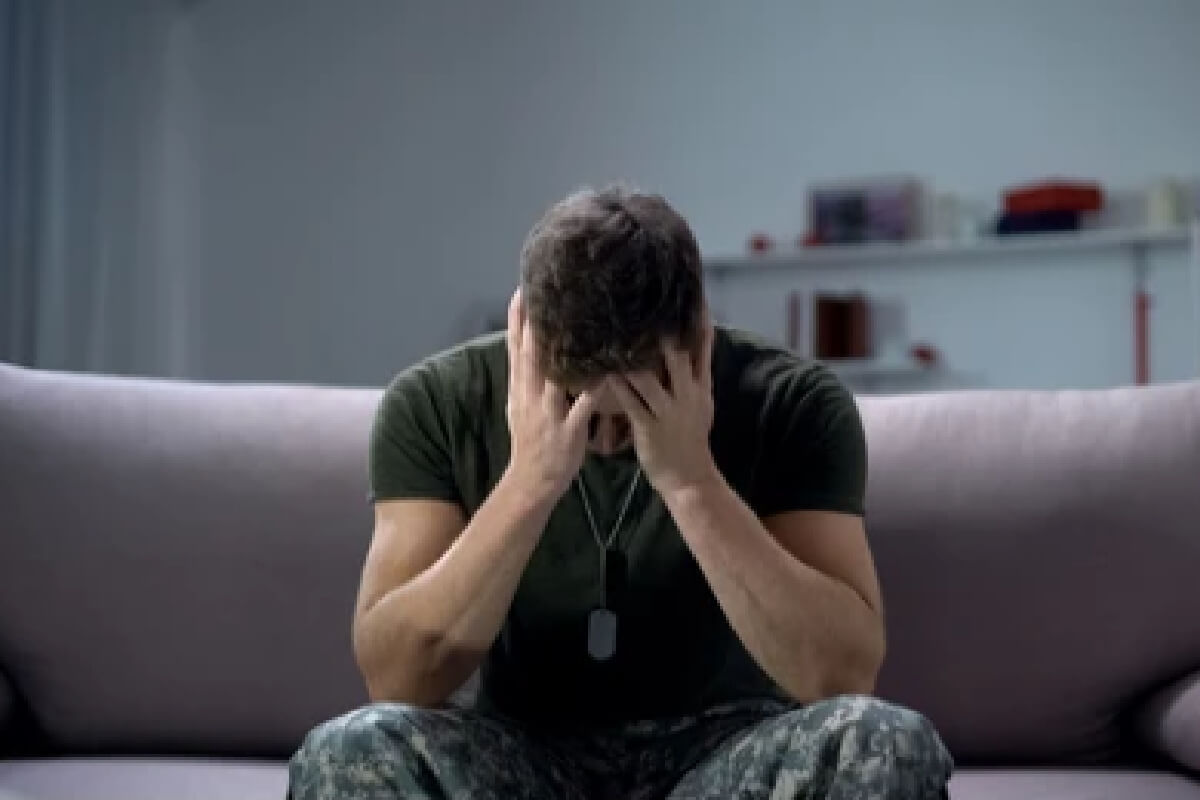
Post-traumatic stress disorder is closely linked to addiction. Trauma, especially childhood trauma, often predicts future problems with drug use.
Having both an addiction and PTSD together can complicate treatment, as it’s important for both conditions to be addressed at once for the best results.
What Is Post-Traumatic Stress Disorder?
Post-traumatic stress disorder, more commonly known as PTSD, is a mental health disorder that is caused by trauma.[1] A person can develop PTSD not just by experiencing trauma directly, but also by witnessing trauma or having it occur to someone close to you.
Signs & Symptoms of PTSD
When a mental health professional is considering whether a patient might have PTSD, they will check for a few different signs and symptoms.[2]
Physical Symptoms
While PTSD is typically characterized by mental and emotional symptoms, it can actually cause some physical signs to manifest as well. For example, a person’s heart may race in response to situations that remind them of their trauma.
Mental & Emotional Symptoms
It’s common for people who experience PTSD to experience symptoms that can be grouped into four distinct categories.
- Intrusive symptoms: A person may experience intrusive thoughts or have visceral reactions they cannot control to things that remind them of their trauma. For example, they may have recurring troubling memories or disturbing dreams about their trauma. They may also have flashbacks, vividly reliving the event that caused their PTSD, generally but not always in response to trauma.
- Avoidance symptoms: These are behaviors the person engages in to avoid confronting or remembering their trauma. They may avoid places, people, objects, or topics that remind them of their trauma.
- Cognition and mood symptoms: These symptoms are largely about how a person processes, or fails to process, what happened. They may have trouble recalling parts of their trauma, even when they try to. They may also hold persistent negative beliefs about themselves, others, or the world related to their trauma.For example, a person may make blanket assumptions about people of a certain gender or race due to an attacker involved in their trauma being in those groups. The person may also feel detached from the world around them, have difficulty participating in events and socializing, and will often struggle to feel positive emotions strongly.
- Arousal and reactivity symptoms: Arousal in this case refers to feeling easily emotion, agitated or angry. Symptoms in this category include irritability, anger, recklessness, hypervigilance, difficulty concentrating, and startling easily. Many people with PTSD also struggle to sleep well.
How Can PTSD Lead To Substance Use?
It’s been estimated almost half of people with PTSD meet the criteria for a substance use disorder, with PTSD often occurring before a person develops substance use problems.
This relationship makes logical sense. PTSD is a serious mental health condition that can make a person have difficulty finding joy in life and feel constantly anxious. The condition may make resting or relaxing very difficult. While it isn’t healthy to do so, many people try to use drugs to soothe the way they feel.
Unfortunately, consistent drug misuse tends to make a person’s physical and mental health worse, not better. While drugs may temporarily make a person feel better, many people with PTSD eventually develop a drug dependence or even a substance use disorder.
Risk Groups for PTSD & Addiction
Multiple studies have corroborated the relationship between early trauma and drug misuse later in life. [3] Exposure to traumatic experiences increases a person’s chance of developing a problem with substance use.
People at risk of developing PTSD and addiction include child abuse victims, domestic abuse victims, victims of either sexual, verbal or physical violence, those involved in the military or emergency response efforts, and people who go through natural disasters. Victims of serious accidents, especially where one or more people were seriously hurt or killed, can also develop PTSD.
Treatment Options for PTSD & Addiction
The U.S. Department of Veterans Affairs has a recommended treatment path for patients with concurrent PTSD and substance use disorder.[4] While their research has largely been focused on veterans, it is easily something that can be extrapolated to other non-veteran patients experiencing both of these conditions.
Currently treatment for PTSD is largely not pharmacological , but behavioral. There are no drugs that have been shown to “cure” PTSD, although there are certain antianxiety and antidepressant medications that can help treat some of the symptoms. The best and only proven therapy for PTSD is behavioral therapies such as psychotherapy, chronic behavioral therapy, exposure therapy, group therapy, etc.
Unlike PTSD, Substance use disorder often responds well to medications. There are many FDA approved medications for some of the more common substances that are misused, including alcohol, opioid medications, and illicit opioids like heroin. The best results for patients with substance use disorder occur when the patient is engaged in behavioral therapies and medications use at the same time.
There isn’t a quick fix for PTSD and addiction, but when both conditions are treated simultaneously and consistently, recovery is very possible. Remember that recovery isn’t always a linear path, and you may have setbacks along the way. Choose a treatment provider who has experience treating both conditions to ensure the best chances of sustained recovery.

Medically Reviewed By Elena Hill, MD, MPH
Elena Hill, MD; MPH received her MD and Masters of Public Health degrees at Tufts Medical School and completed her family medicine residency at Boston Medical Center. She is currently an attending physician at Bronxcare Health Systems in the Bronx, NY where ... Read More
- Post-Traumatic Stress Disorder. National Institute of Mental Health. https://www.nimh.nih.gov/health/topics/post-traumatic-stress-disorder-ptsd. May 2022. Accessed October 2022.
- PTSD and Addiction. PsychGuides.com. https://www.psychguides.com/pstsd/and-addiction/. Accessed October 2022.
- Substance Use, Childhood Traumatic Experience, and Posttraumatic Stress Disorder in an Urban Civilian Population. Depression and Anxiety. https://www.ncbi.nlm.nih.gov/pmc/articles/PMC3051362/. December 2010. Accessed October 2022.
- Treatment of Co-Occurring PTSD and Substance Use Disorder in VA. U.S. Department of Veterans Affairs. https://www.ptsd.va.gov/professional/treat/cooccurring/tx_sud_va.asp. Accessed October 2022.
- Concurrent Treatment of Substance Use and PTSD. Current Psychiatry Reports. https://www.ncbi.nlm.nih.gov/pmc/articles/PMC4928573/. August 2017. Accessed October 2022.
Download Our Free Program Guide
Learn about our program, its effectiveness and what to expect
Related articles
Imagine what’s possible on the other side of opioid use disorder.
Our science-backed approach boasts 95% of patients reporting no withdrawal symptoms at 7 days. We can help you achieve easier days and a happier future.

